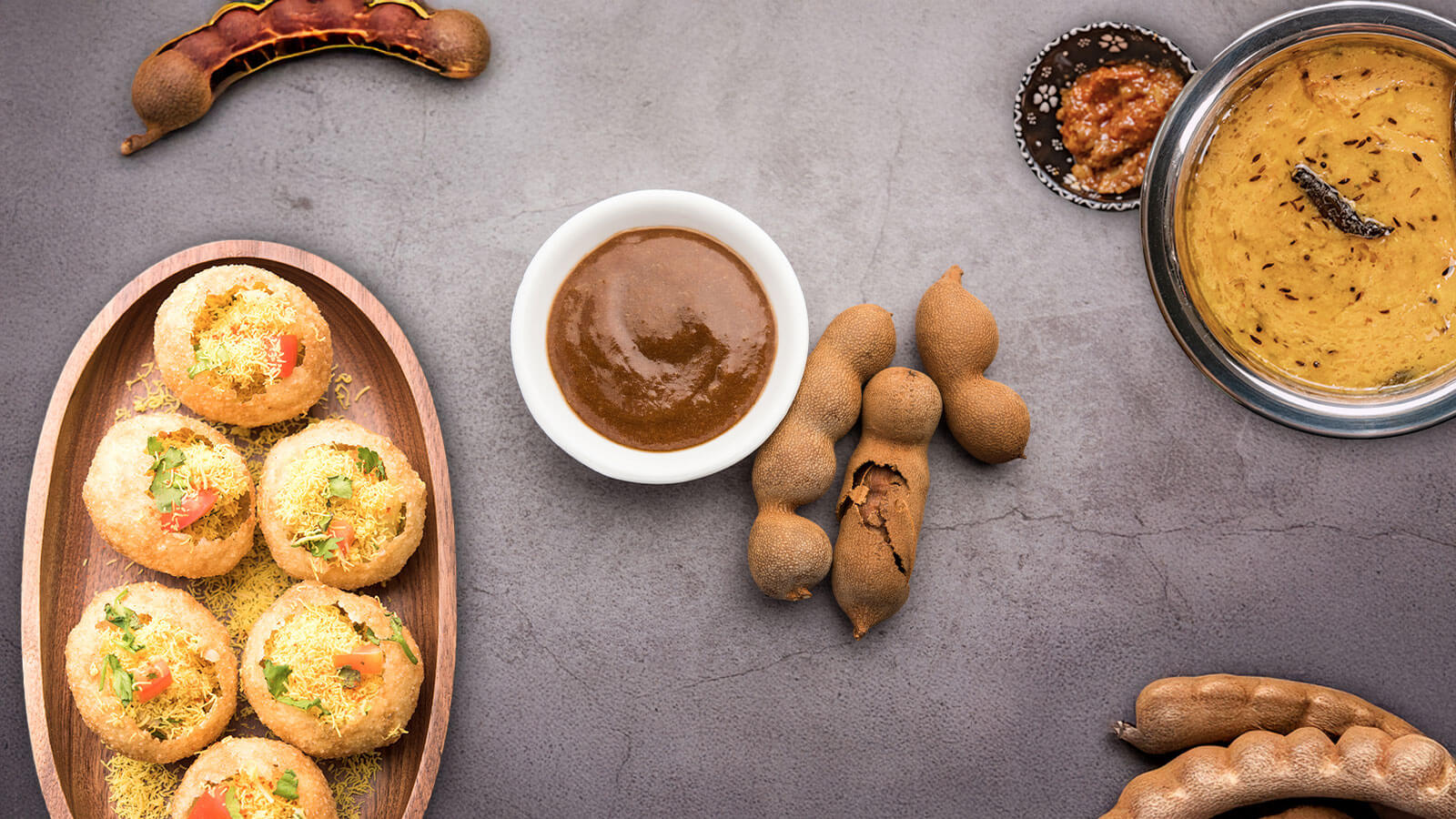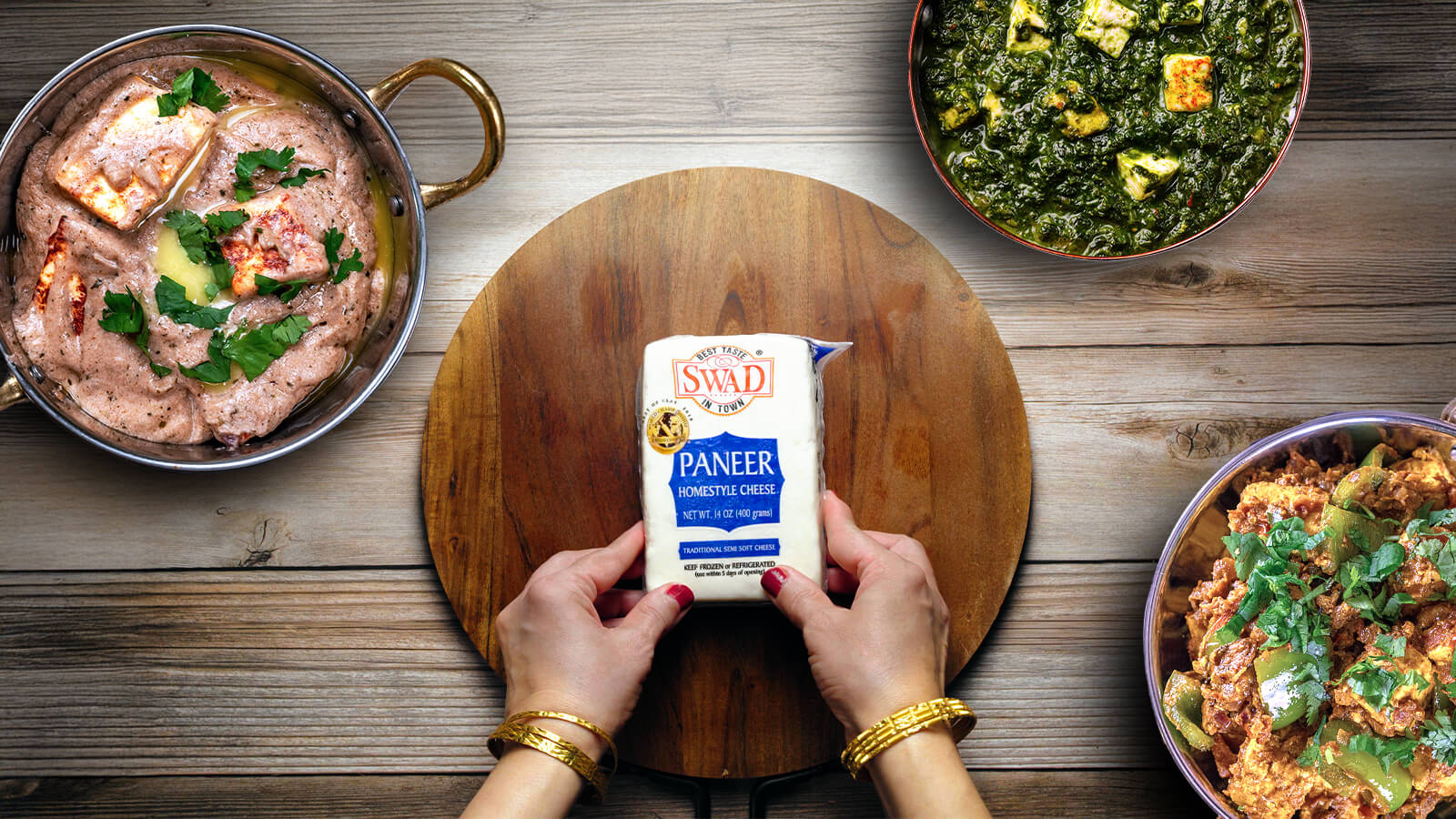Why This Classic Cooking Clay Pot Should Be A Staple for Every Indian Kitchen

It surely matters what ingredients you put in your food to make it flavorful, however, it is equally important to pay attention to which cookware you use to prepare the food in. For your taste buds to truly enjoy the authentic taste of your favorite Indian dish you have been longing for, you need to go back to the basics and prepare your dish in a traditional handi made out of clay.
For centuries, mankind has depended on clay for building material for a shelter. Clay has also been utilized to illustrate religious origin stories. Most importantly for humans, clay was used as cookware. Pots made out of clay allowed food to be easily cooked over fire, which reduced bacteria and released nutrients. As clay is porous, it captures moisture in the dish and allows it to circulate while cooking. Because of this, food cooked in clay pots is cooked with little oil.
Cooking in a clay pot is a slow process that requires seasoning the pot before cooking in it. The slow cooking process results in aromatic, lip-smacking, and scrumptious food.
However, as life got busier, people started taking shortcuts in their kitchens and preferred cooking in aluminum and steel for quicker meals. In today’s world, as people are becoming more health conscious and aware of what they put in their bodies, they are beginning to understand the enormous benefits of clay pot cooking. One of the benefits of cooking in a clay pot is that the alkaline nature of the clay lowers the acidic content of the food which makes it easy on the stomach. In addition, the dishes are more flavorful and have an authentic taste. Due to this, clay pots have gained a cult following and have become a popular commodity. Some Indian restaurants around the United States are now serving dishes cooked in clay pots such as chicken handi, vegetable dum biryani, and matka chai.
What are Indian clay pots?
Indian clay pots are earthenware pots that have been used for centuries for Indian cooking. They are unglazed, free of any toxic materials or lead, and are 100% eco-friendly. The cookware is known by multiple names such as handi, matka, and manchatti.
Back in the day, clay pots were present in almost every household-- handed down from generation to generation. In India, the clay pots are handcrafted by local artisans. To this day, in rural areas and villages, food is still prepared in handis.

How to season clay pots?
Perhaps one of the key factors of clay pot cooking is seasoning the pot before cooking in it. First, wipe all the unglazed areas of the pot and rub it with oil. Fill the pot with water and close the lid. Place the pot in an oven and turn on the oven to 350 degrees and let it bake for a couple of hours. Once done, let the pot cool completely and store it in a cool, dry place. Seasoning the pot enhances its durability and makes it more crack-resistant.
How to clean clay pots?
It is essential that the clay pots are cleaned properly. Since clay is porous, do not use regular dish soap with water to clean the pots as the soap will likely soak into your pot and food. Simply, use hot water with a brush to scrub the pot. In addition, pots can be cleaned with a mixture of baking soda and vinegar. If the pot has tough stains, soak the pot overnight with a mixture of water and a few teaspoons of baking soda. This will also help remove any odors in the pot.
Indian dishes to cook in clay pots
Some clay pot Indian dishes to try are chicken handi, vegetable biryani, chicken korma, fish curry, daal, and many more. Some desserts to try are matka kulfi, matka kheer, sweet matka dahi, and matka chai.
Clay pot cooking can provide a whole new culinary experience and more authenticity to traditional Indian foods. Once you start cooking in these clay pots, you will surely notice the difference in taste from your everyday meals. If you’re looking to change up the way you eat, we suggest you make room for this groundbreaking item in your kitchen!






